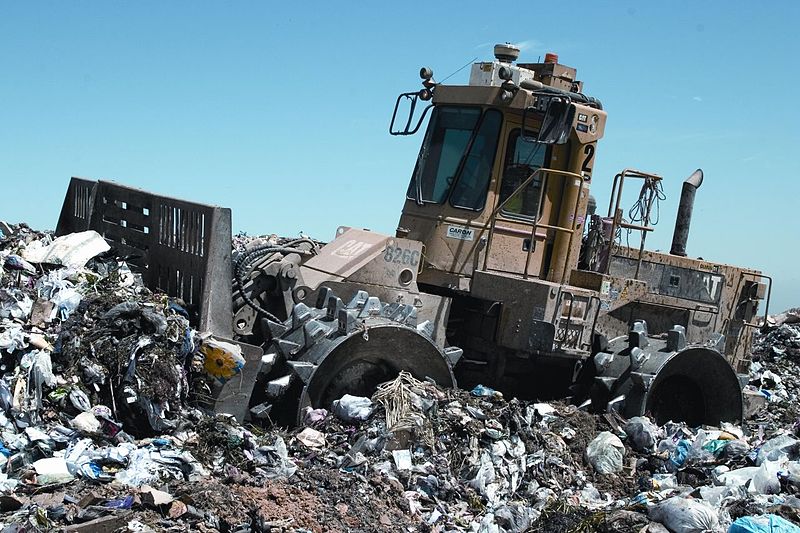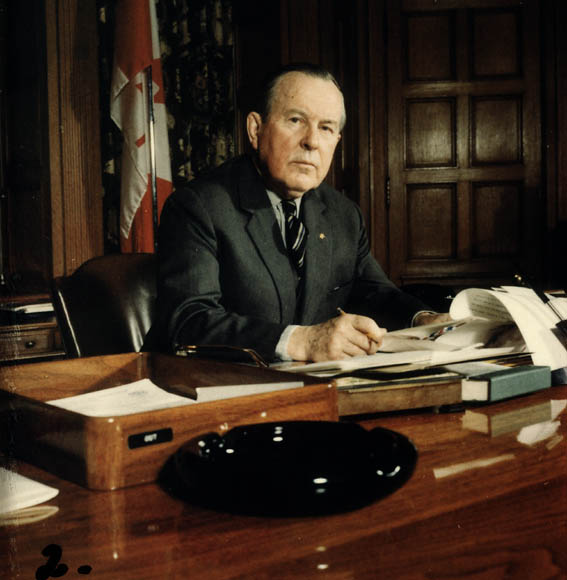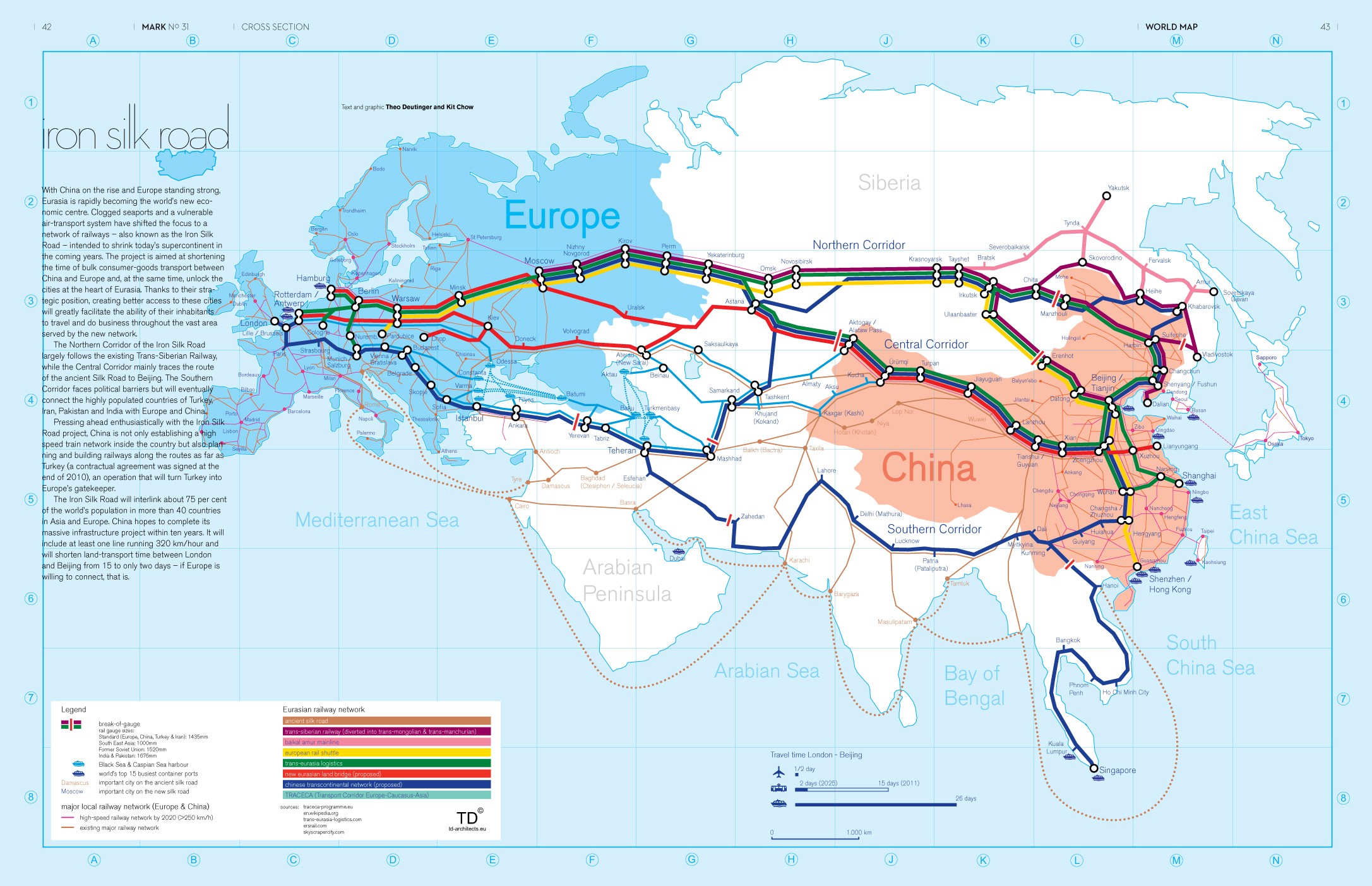Thousands of people recently took to the streets of Beirut protesting the mountains of garbage that have filled the city. The Lebanese government has become so dysfunctional that it can’t even hold elections or pick a president, much less deliver basic services. The trash dispute began on July 17 in the coastal town of Naameh, the site of Lebanon’s largest landfill, when activists from the town cut off the road to dump trucks operated by Sukleen, the private company in charge of waste management in Lebanon. The government contract with Sukleen had also expired and residents there were protesting against the government’s inability to find an alternative landfill site. The situation has now escalated to call for a sweeping overhaul of the country’s sectarian-based political system, whose gridlock creates problems like the garbage crisis.
The landfill, first opened in 1997 as a stopgap measure, was supposed to only operate for six years with a capacity of 2 million tons of trash. Eighteen years and more than 10 million tons of trash later, the landfill is at 500 percent capacity and residents finally forced the government to declare its closure. The result has been a slow invasion of smoldering debris heaps onto Beirut’s streets and sidewalks. Some residents have resorted to burning the trash on the streets; sending toxic fumes into the air and putting Lebanon on the brink of a “major health disaster”, according to the health minister. Meanwhile, Sukleen workers have begun dousing the piles of trash with a white, lime-like powder to cut down on vermin.
The crisis prompted a grassroots protest movement calling itself “You Stink”, a rare non-political peoples movement which considers itself “purely Lebanese, nonpartisan and nonsectarian,”. Organizers recently held two large rallies, where thousands of people gathered outside the prime minister’s office in central Beirut, protesting the garbage crisis, but more importantly, demonstrating the long-simmering anger about government incompetence and political corruption. The protests that had initially started peacefully, descended into violence after clashes formed between police and protesters. YouStink’s leader, Hassan Shams, blamed “infiltrators” for the violence and stated that “we started peacefully, and we will continue peacefully.” The garbage crisis is not the result of administrative or logistical error, but a reflection of the wider failings of a weak state. The goal of the YouStink movement is not merely getting garbage collection services up and running, but also the resignation of the entire government.
The remnants of Lebanon’s civil war, which raged from 1975 until 1990, are still felt today as some of the country’s aging warlords simply passed on their power to their sons and relatives. Consecutive governments neglected to improve the country’s infrastructure and 25 years later its citizens are still dealing with chronic water shortages and electricity cuts. Lebanon largely sat out the “Arab Spring” of 2011, but experienced the 2005 Cedar Revolution, when up to one-third of the population held mass protests in response to the assassination of former Prime Minister Rafik Hariri.
Prime Minister Salam said in a televised address that Lebanon was headed towards collapse and that “the trash is the straw that broke the camel’s back, but the story is much bigger than this straw, it is the story of the political garbage in the country.”
Lebanon’s presidency has been vacant since May 2014. With a divided cabinet and parliament deadlocked, politicians have been unable even to agree on a new president. Parliament, which has now failed to elect a president for the 27th time, instead has renewed its own mandate, essentially re-elect itself twice, and has postponed elections until 2017 on the grounds of instability.
Many attribute the garbage crisis to the Lebanese government’s institutionalized dysfunction and sectarian squabbling that leads to inertia in sorting out day-to-day chores like garbage disposal. Lebanon’s government operates a power-sharing system that supposedly ensures equal representation between the country’s Muslim and Christian sects. Behind the deadlock is the power struggle between the two major political blocs, the Iranian backed Hezbollah and the Saudi-backed mainly Sunni pro-Western Future Movement, and their attitudes toward the Syrian regime. It is a volatile time in Lebanon as Syria’s war has exacerbated political and sectarian tensions and driven more than one million refugees into the small nation of 4.5 million, putting a large strain on the already struggling economy.
The current protests are shaping up to be the most significant in years and the people are sending a message to their government that they will not back down, as stated by a spokesman for YouStink, “This movement has succeeded in reawakening the Lebanese, and we will not let them make us go to sleep again.”




